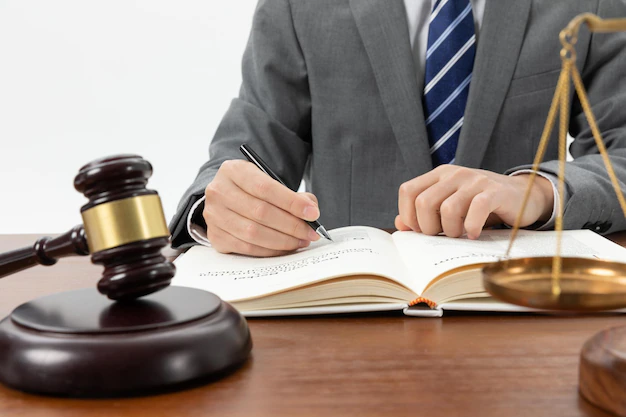
When it comes to legal issues, looking for professional legal counsel can provide much-needed guidance through the complex maze of the legal system. Nonetheless, engaging an attorney can be a fearful idea to many.
What is a Legal Consultation: Know Before Your First Meeting
The first contact between you and a lawyer should resemble an opening statement during litigation, as it determines the course of legal action. As a client, one needs to understand that this preliminary contact is more than just customary; instead, it serves as an opportunity where the foundation of your case is set forth.
For a fruitful meeting, ensure you go with any relevant documents pertaining to your matter. Whether it’s contracts, correspondences, or any other related documentation, they help attorneys better understand the little details in your situation.
Additionally, making a list of questions can act as a guide during the interview so that no crucial elements are omitted. You should ensure that you are asking the right questions in order to defend and protect your rights in a legal situation.
Understanding Legal Fees
It is quite common for legal fees to be worrisome, but it is a subject that cannot be avoided. By understanding the different types of billing structures, some of the trepidation often associated with this aspect of attorney visits can be alleviated.
During consultations, clients should be free to discuss legal fees. They should clarify what billing structures their lawyer uses and whether there will be additional costs during the litigation process. This level of frankness upfront sets clear expectations and avoids surprises later on.
Attorneys typically use either hourly rates, flat fees, or contingency fees. Hourly rates are charges for time spent on a case. Flat fees involve a set amount for particular legal services rendered.
Contingency fees are usually applied to personal injury matters where payment is based on the case’s outcome. Ensure you understand how you will be charged before leaving the first meeting.
Common Mistakes to Avoid
Navigating the realm of legal consultations requires tactfulness and knowledge of pitfalls that can be encountered.
The most common mistake that many people make is withholding information; clients may unintentionally omit details that could be crucial to the case. Clients need to understand that transparency, as stressed throughout this guide, is key to success.
Another pitfall is only focusing on cost. While financial considerations are important, they should not overshadow the value of competent legal representation.
Lastly, misunderstanding the attorney’s role can hinder the collaborative effort necessary for a successful legal outcome. This last error also stems from an incomplete understanding of attorneys who are more than just legal experts; they are advocates, strategists, and allies of their clients in search of justice.
Next Steps After Consultation
After a consultation, the dust settles, and clients are left at a crossroads. They must decide whether to hire an attorney or explore other options. Understanding the potential outcomes of these consultations can help people make informed choices.
A client should think about the lawyer’s initial evaluation and compare it to their own expectations and priorities. A well-timed email or call is necessary for follow-up communication, which provides further clarification and strengthens the relationship between clients and attorneys.
Make sure to follow the lawyer’s advice. If the legal counsel provides specific recommendations or steps to take, carefully follow them. This can include gathering additional documents or evidence, contacting relevant parties, or other specific actions.
Clients should also research and gather relevant facts. Take time to educate yourself about the legal issue at hand. This can help you better understand your rights, options, and all potential outcomes.
Evaluate all your options with your lawyer. Discuss the different options available to you and the potential benefits and risks of each. This can involve negotiating a settlement, filing a lawsuit, or pursuing other legal remedies.
Consider the potential costs, time commitment, and likelihood of success for each option.
Remember that every case is unique in its own way, and for you to take the next step, you will have to carefully consider the details of your case. It is important to maintain contact with your lawyer, who can offer you specifically tailored advice based on your situation.
Conclusion
Legal consultation services are not just a formality; they are the bedrock of decision-making in law. Clients can set out on their legal journey with confidence by getting ready for that first contact, understanding what the consultation is about, and managing legal fees.
Collaborative relationships with legal professionals are established through the avoidance of common mistakes and the embrace of open communication, thereby making the subsequent legal experience more successful and satisfying. Always remember that as you navigate the intricacies of legal matters, it is only through preparation that justice can be attained.
Read Also:
- 10 Questions To Ask Your Lawyer Before You Sign Them For Your Case
- 10 Reasons Lawyers Need To Start Investing In Law Firm SEO Services
- Everything You Need To Know About Hiring The Best Law Firm





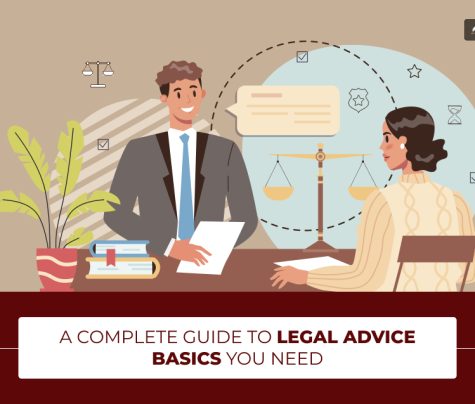
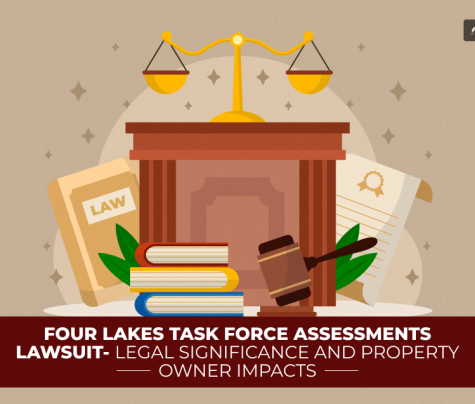
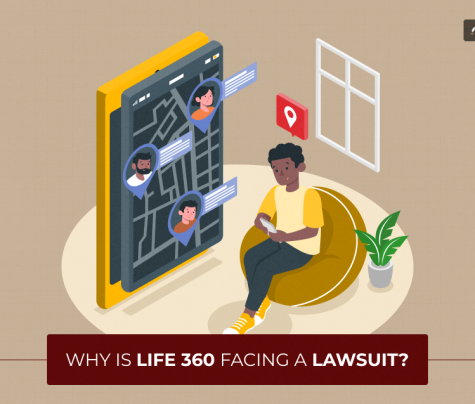
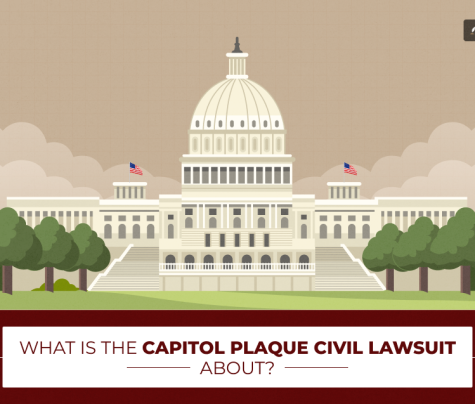
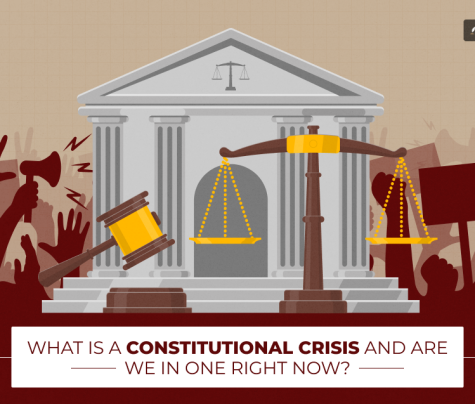
0 Reply
No comments yet.